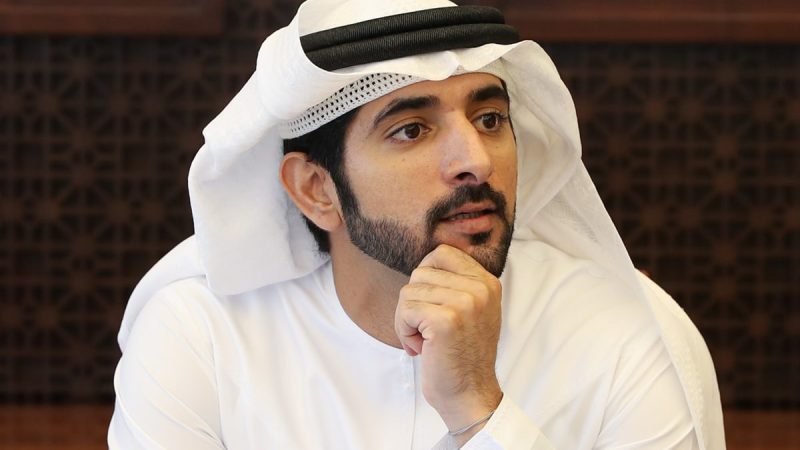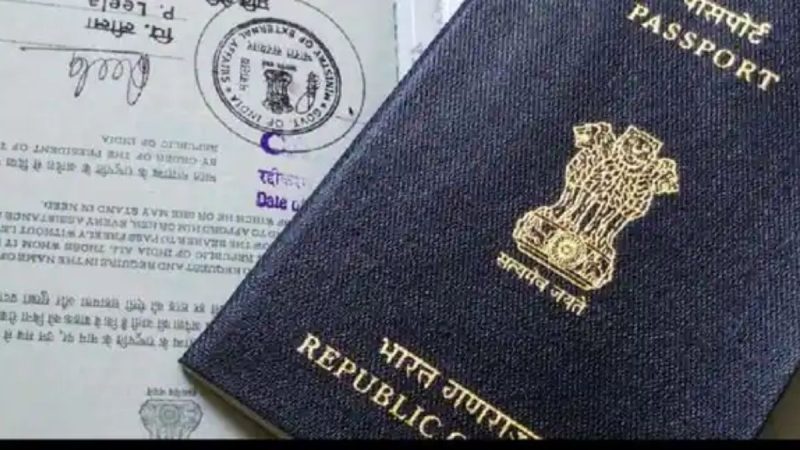Major UAE businesses are issuing warnings against deceitful job recruiters and fake job offers that are exploiting the interest of expatriates seeking opportunities in the country. Unsolicited emails advertising fraudulent job openings have been flooding email inboxes globally, luring recipients with the promise of attractive tax-free positions and a year-round sunny career in the Emirates. Notable brands, including national airlines Emirates and Etihad, Al Futtaim Group, and educational institutions like Kings’ Education, have taken steps to guide potential job seekers and protect them from falling into these traps.
Al Futtaim, a prominent group with an employment base of over 35,000 individuals across various sectors, has shared advice cautioning individuals against unsolicited emails promising fake job opportunities. They emphasize that fraudulent emails often demand personal information or payments to process job applications or visas, and they assure that no legitimate business within Al Futtaim will ask for payment or fees for job applications.
Recruitment agencies are stressing that candidates should not be charged for job opportunities, and they are urging applicants to verify average salary benchmarks for roles before responding to job advertisements. The UAE does not have licensed recruitment companies that charge candidates a fee, making such practices illegal. As the job market continues to grow, it’s essential for job seekers to exercise caution and remember that if an offer seems too good to be true, it might be a scam.
Amid the surge in job-related scams, experts have provided a step-by-step guide for potential applicants to navigate the job market safely. This includes obtaining offer letters through legitimate channels, verifying job offers at UAE embassies, ensuring the validity of visas, and being cautious of tourist visas that do not grant work rights. The UAE Ministry of Human Resources and Emiratisation (MOHRE) is a valuable resource for clarification and guidance, aiming to ensure that job seekers are well-informed and protected against deceptive practices.






